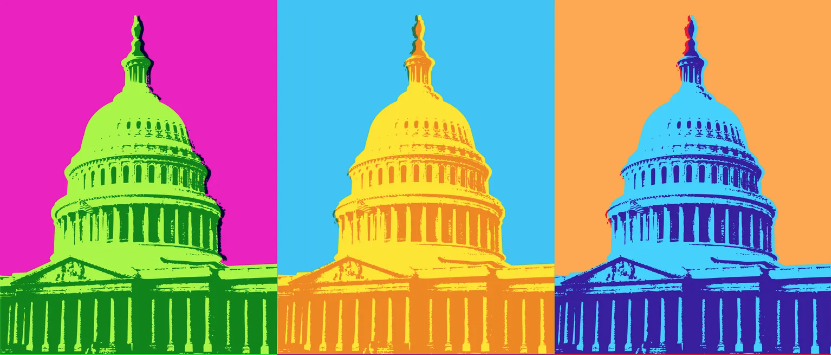||| FROM THE SEATTLE TIMES |||
Our political environment has become marked by claims about a particular party being for or against democracy. How do we tell who is telling the truth? Why does it matter that we preserve democracy? A clear and simple philosophy of democracy describes the ideas that promote democratic behavior, reverse anti-democratic behavior and refute authoritarianism.
Democracy is easy to understand. The Declaration of Independence spells out the basic principles. Let’s restate them in modern terms.
We are all equal
This is a strong statement about one’s standing in a democracy. While there are all kinds of people with all kinds of abilities, this principle means that no person holds inherent power over another.
We respect each other as people sharing unalienable rights
Self-behavior is an important part of choosing to live under democracy. Each citizen works to secure every other citizen’s rights as the surest way to secure their own rights. In a democracy, the rights of others are considered when developing policies and the law.
We reject a sovereign and share power using written law
A government belongs to its people. The people may decide to grant power to representatives and leaders. Power delegated by the people is the only form of legitimate power.
This principle is the basis for holding frequent free and fair elections and the rule of law. If a person holds office for too long, they begin to look and act like a sovereign. If elections are unfair, the consent of the people is called into question. It is tolerable to accept a political loss because the winner has the same rights as the loser.
We create the law together
This is the heart of what a government does. Early in a democracy, the important issues will be to document the constitution including enumerating the rights the government will protect and how the law will be created. We all agree to these rules. One of the very first things a democracy will encounter is the existence of many different points of view that lead to conflict. Truth-seeking is the means democracies use to ensure decisions are realistic, incorporate the best ideas and are broadly supported by citizens.
**If you are reading theOrcasonian for free, thank your fellow islanders. If you would like to support theOrcasonian CLICK HERE to set your modestly-priced, voluntary subscription. Otherwise, no worries; we’re happy to share with you.**








